After seeing Unionwear’s success making Made in USA merchandise for political campaigns, The Daily Show’s John Oliver proposes an “Election Stimulus” — a presidential election every twelve months–as a way to invigorate domestic manufacturing and other sectors of the economy who benefit from campaign spending.
Here is the unabridged transcript of the Unionwear interview:
What kind of political business do you do?
We have gotten orders from every major presidential campaign for the last 16 years, mostly for hats. We also get orders for senate and gubernatorial campaigns, political conventions, state political parties, delegations to the conventions, PACs, 527s, and unions supporting particular candidates.
What kind of business do you do in the other three years?
We make a lot of headwear and packs for the military and federal agencies like Homeland Security and the US Postal Service. Unions remain strong customers since we are the only shop that has all their workers represented by a union. Hats and bags still cost more to make in the USA than in China, so our clients end up being organizations that are willing to pay a small premium for a USA label or a union label that guarantees goods aren’t sweatshop made–like nonprofits, colleges, companies with strong union workforces, or other domestic manufacturers. With labor costs going up in China like they have we have seen a surge. in interest in doing cut and sew work in the garment industry
How do Democrats and Republicans differ?
Both parties want to promote that their merch is Made in USA. Both parties want to be assured that their merch isn’t made in sweatshops so they get them made in union shops. The difference is that Democrats brag about their products being union made and the republican dont wan anyone to find out about it.
Why are baseball caps the most popular item?
Baseball Caps are the most popular wearable because most of the merchandise is given away to volunteers. T shirts may be less expensive but you need one for every day of the week and come November they end up under a jacket so they lose their value as a marketing tool. T shirts may SELL more than baseball caps, but when giveaways and volunteer merchandise are included baseball caps far outnumber other products.
How did you end up in the political merchandise business?
We used to make hats for the White House gift shop, and we did a little work for Clinton’s re-election, but by the time Al Gore ran for president the internet made it possible for his campaign to sell merchandise online as a fundraising tool and we were embedded as their merchandise supplier. By 2008 we were the only union shop –and we are still the only union shop–making baseball caps in the country so we ended up making hats and bags for Hillary, Edwards, Obama, and McCain.
It sounds like you have made hats for a lot of losers.
Losers have to buy hats too. The Mets sell tons of hats.
How much of the work that you have in the shop right now is related to the elections?
About half of the work that we have in the shop right now is election based.
Do you feel like a hypocrite selling to competing candidates?
We are selling advertising, not promoting a candidate. Television stations have to sell ads to both sides of a campaign.
Do you vote for whoever gives you more business?
I vote for whoever has the best plan to help manufacturers remain competitive in the next century. Supporting us with campaign business is definitely one way to demonstrate a commitment to manufacturing. So probably.
What kind of increase in business do you see from political campaigns?
We see a big increase in business, not just from the candidates themselves, but because there is a lot more attention paid to “Made in USA” during election years. After a few news stories about candidates getting signs printed in Mexico and t shirts made in Honduras, buyers in all sorts of organizations, like non profits or government agencies, start to worry that they might lose their jobs because of a purchase they could have bought domestically but didn’t. Then, after the election, the products become keepsakes and our distributors labels inside act as business cards so the effect lasts.
What are the weirdest items you have made for elections?
In the last election we got an order for Yarmulkah’s with the Obama logo on it called Obamikah’s. No interest yet in Romneykah’s but we are ready.
Yarmulke’s?
Yes, the little…
I know, I know, those little Jew hats. How do you even sell such a thing to voters?
We aren’t selling merchandise to voters–we are selling advertising to advertising campaigns. There will be $5 billion spent on advertising this election and the vast majority of that is going to TV ads. Baseball caps are not just another form of advertising, they are by far the most cost effective way to promote a logo or message. The average baseball cap gets seen by 3500 people, and political caps get far more because people wear them every day during election season. Baseball caps can get judged by impressions like billboards or banner ads. The cost per impression is about a quarter of what it is for prime time TV and less than radio, billboards, or print ads.
Why is it so important for merchandise to be made in USA in union shops?
Candidates want to do whatever they can to look like they are creating manufacturing jobs, and their giveaways are the one chance they get to demonstrate their commitment to made in USA. Plus, whenever one of their vendors messes up and sources something from overseas or switches country of origin labels, it makes the news, so they have to take care and vet their vendors.
So they COULD get their hats cheaper from foreign sweatshops, but they CAN’T because…
When they get caught, which they invariably will, it’s going to cost them so much more money to fix the problem, backpedal, apologize, change their message, that it’s easier and cheaper to just patronize clean shops.
These jobs, are in part, built on the kind of electoral jingoism that is part of our campaign culture.
Our business is definitely built on that jingoism.
You’ve got the eagle by the balls, Mitch.
I haven’t heard that one before, but it makes sense.
Do you know what time it is, Mitch?
Around 12:00
No, Mitch, it’s business time.
It’s time to make the donuts.
All day, Mitch, all day.
Right on.
{high five}

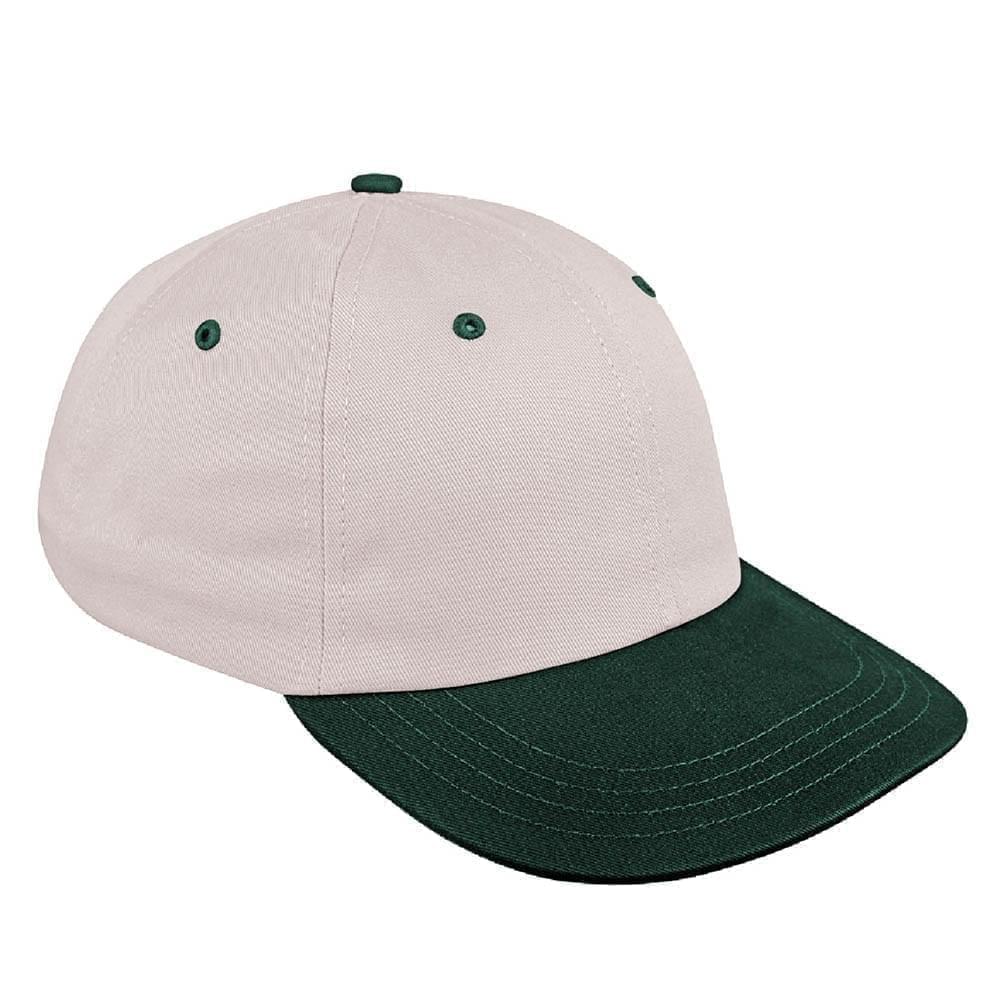 Dad Caps
Dad Caps
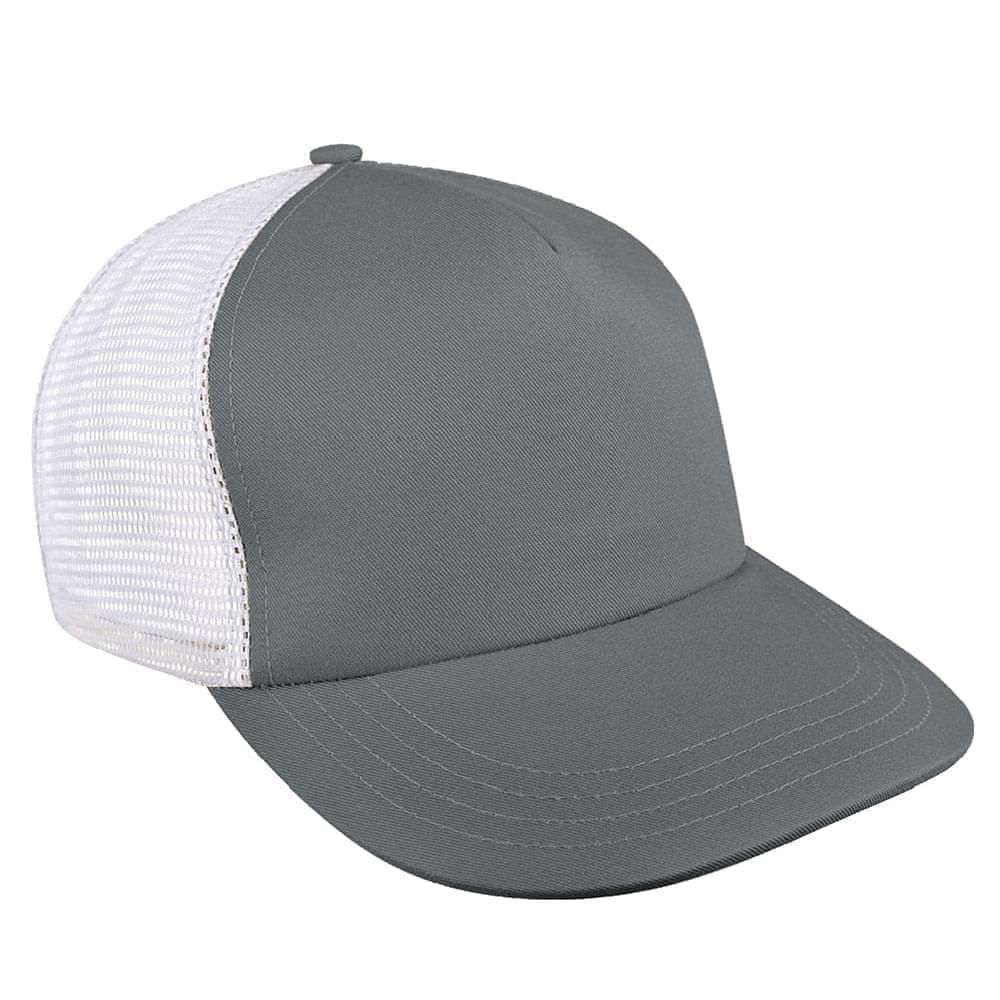 Five Panel Hats
Five Panel Hats
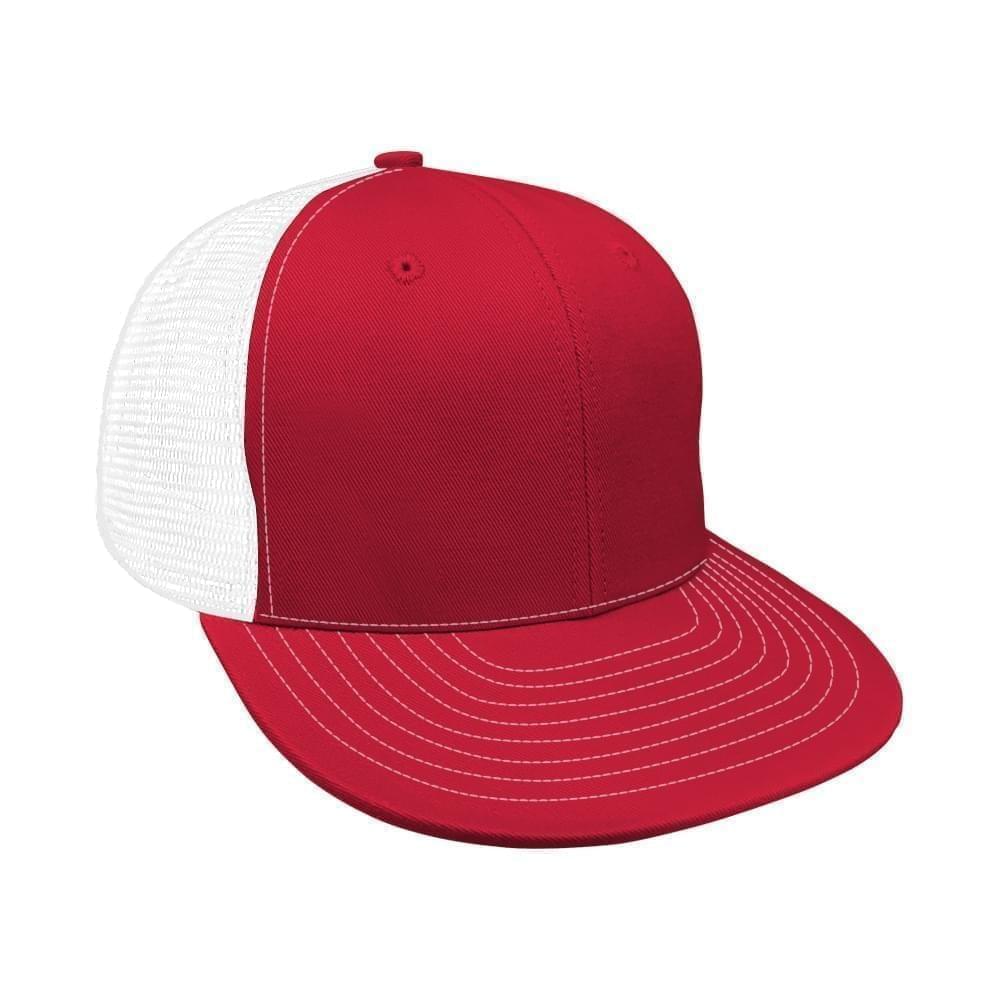 Mesh Back Hats
Mesh Back Hats
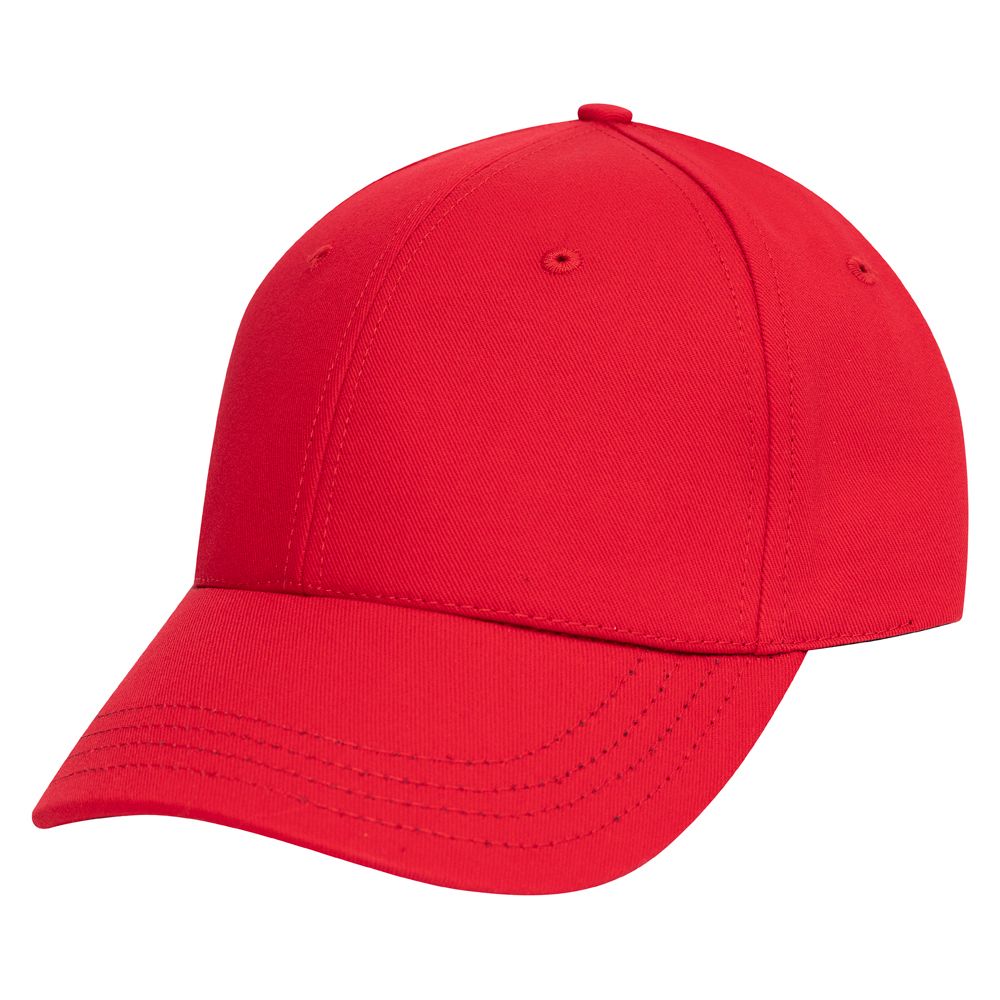 In Stock Blanks
In Stock Blanks
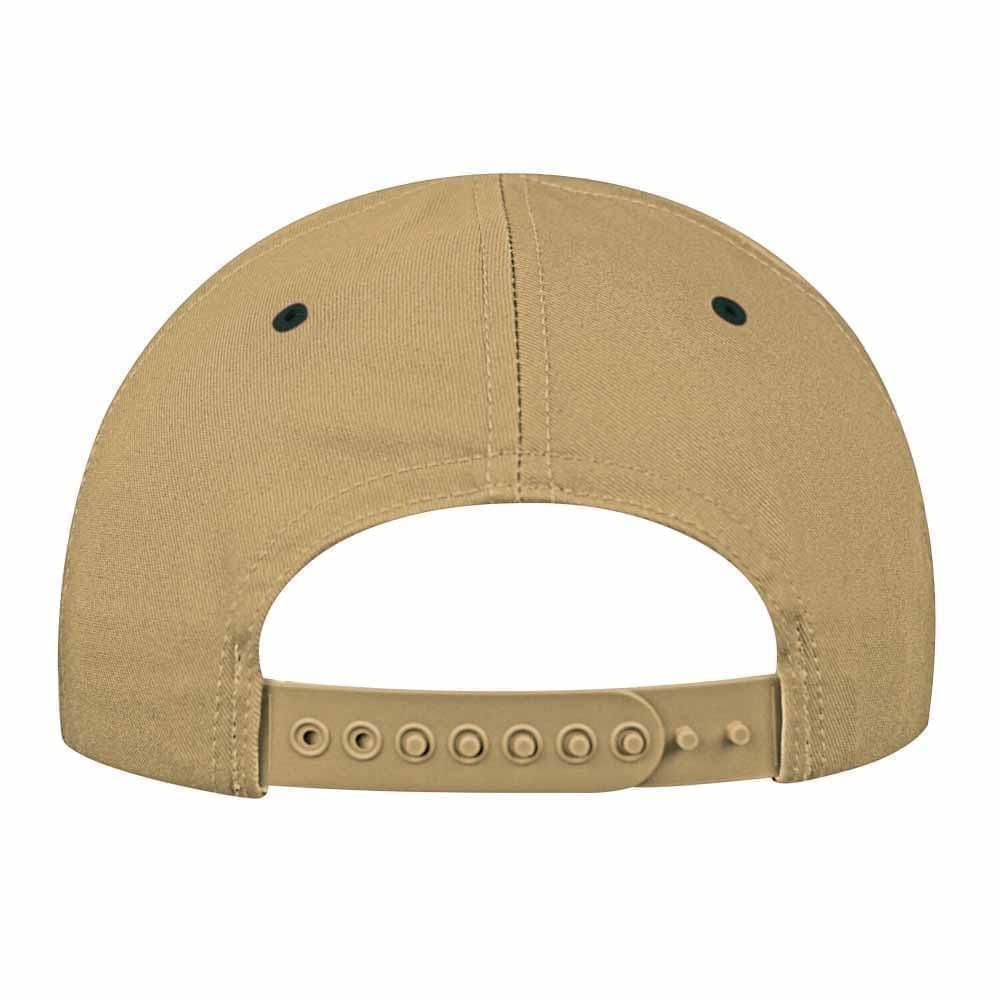 Snapback Hats
Snapback Hats
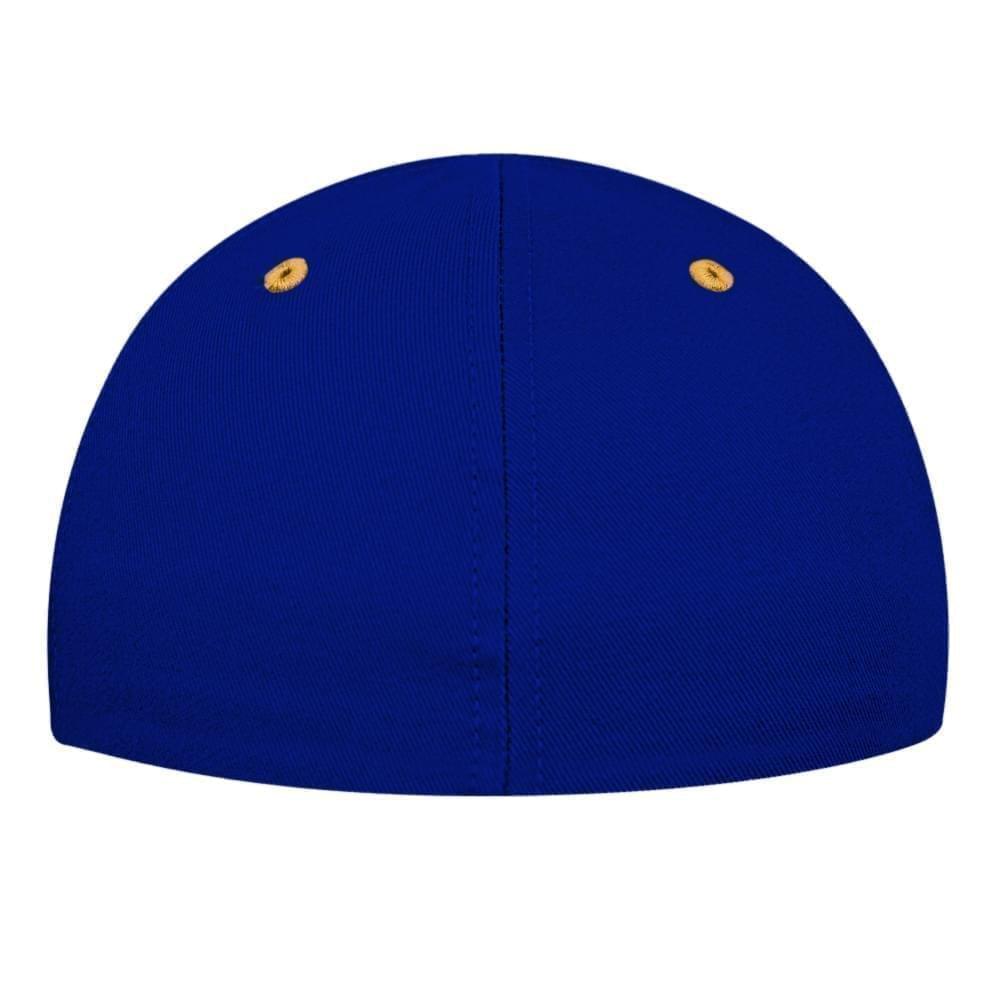 Stretchfit Hats
Stretchfit Hats
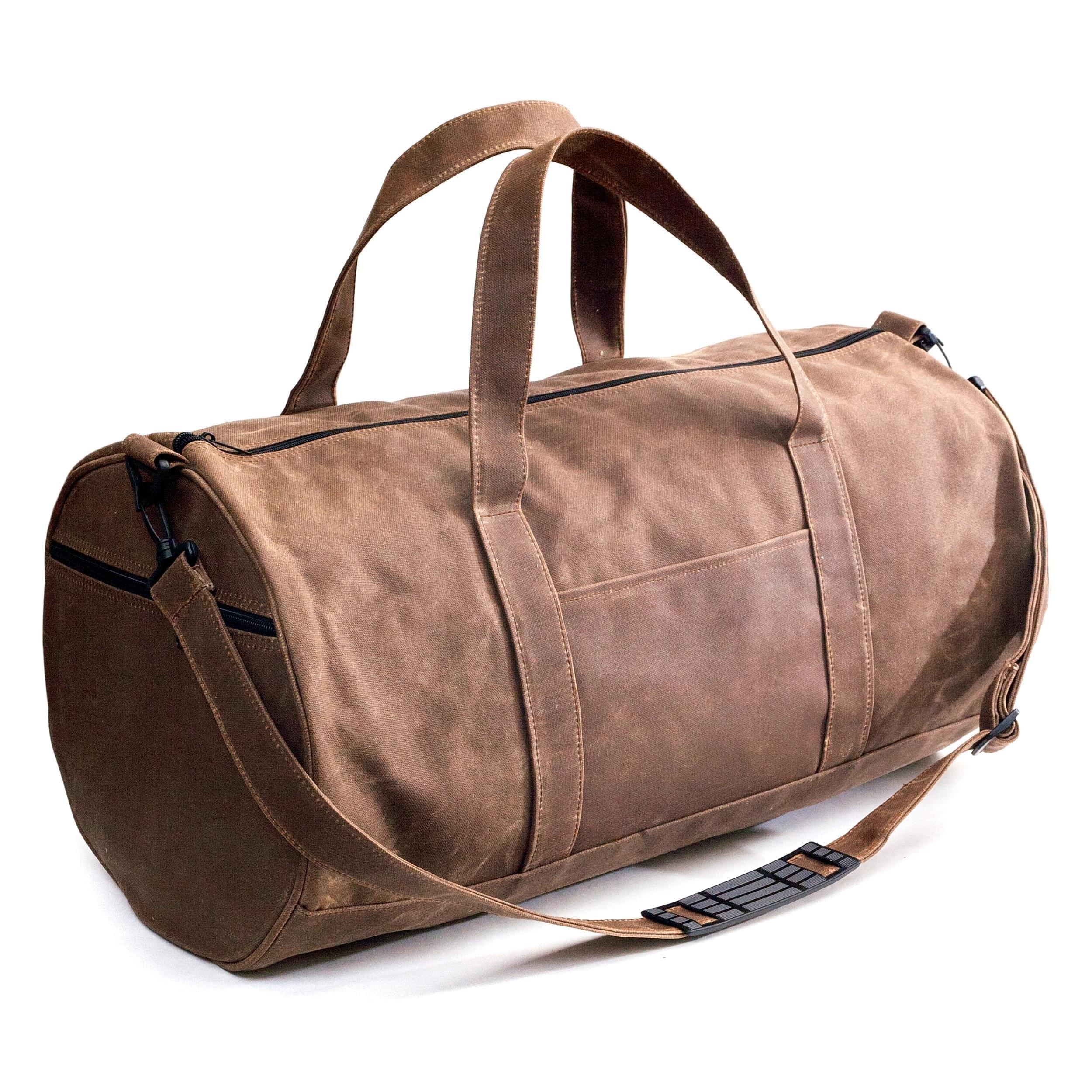 Duffel Bags
Duffel Bags
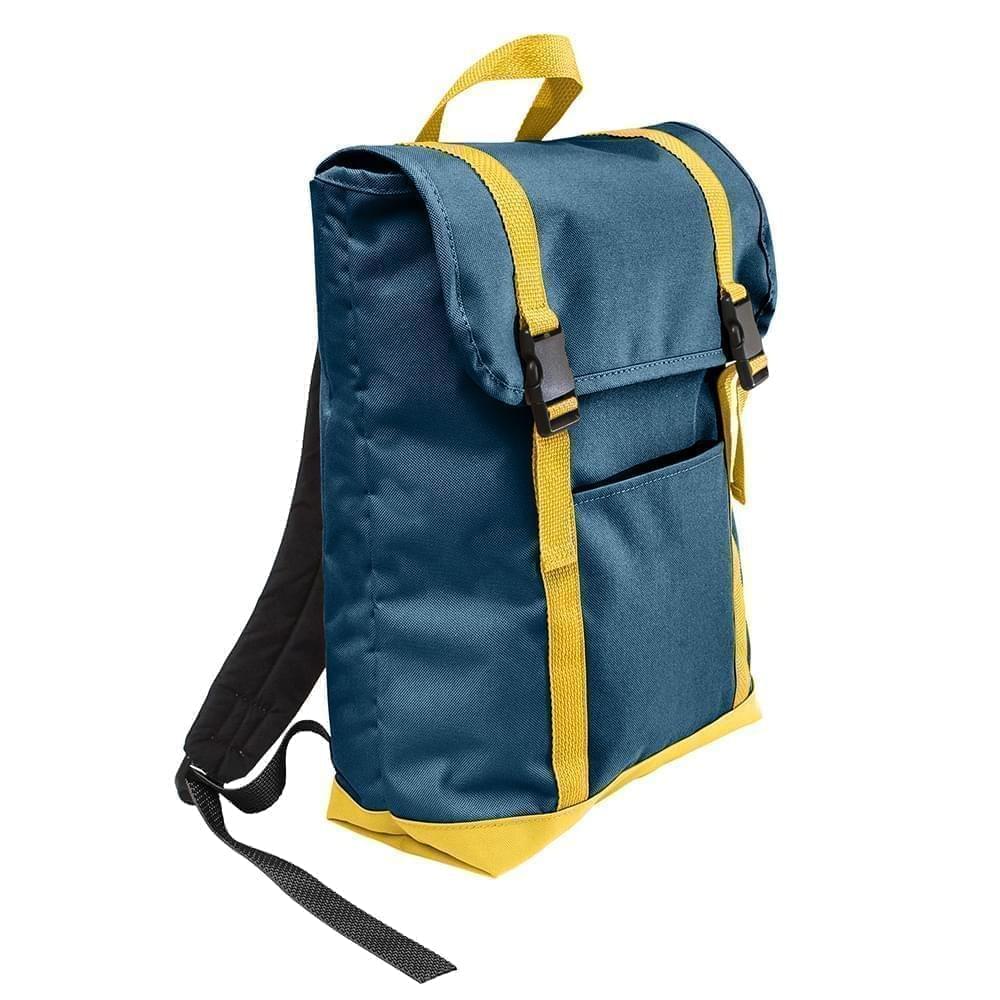 Backpacks
Backpacks
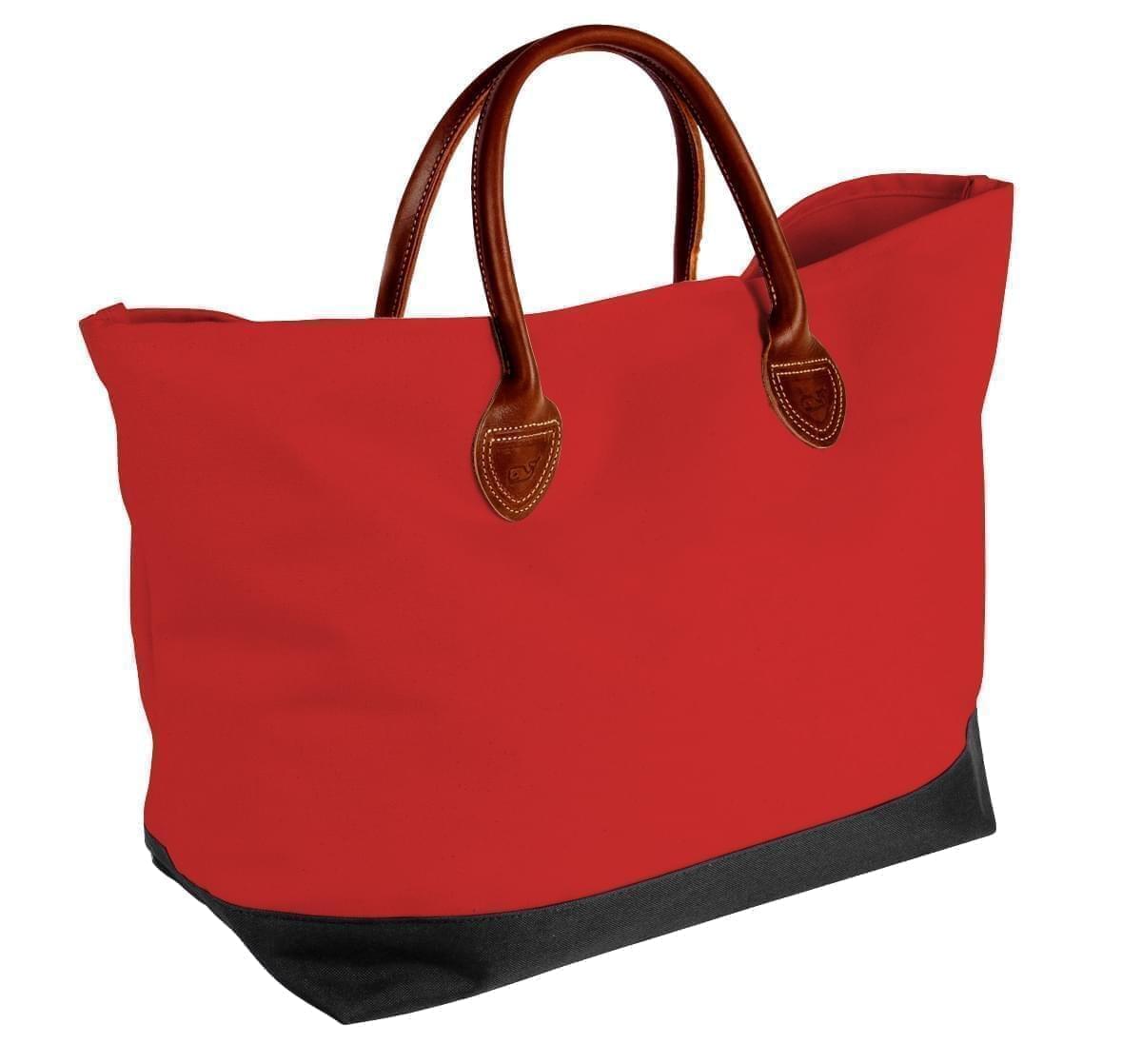 Tote Bags
Tote Bags
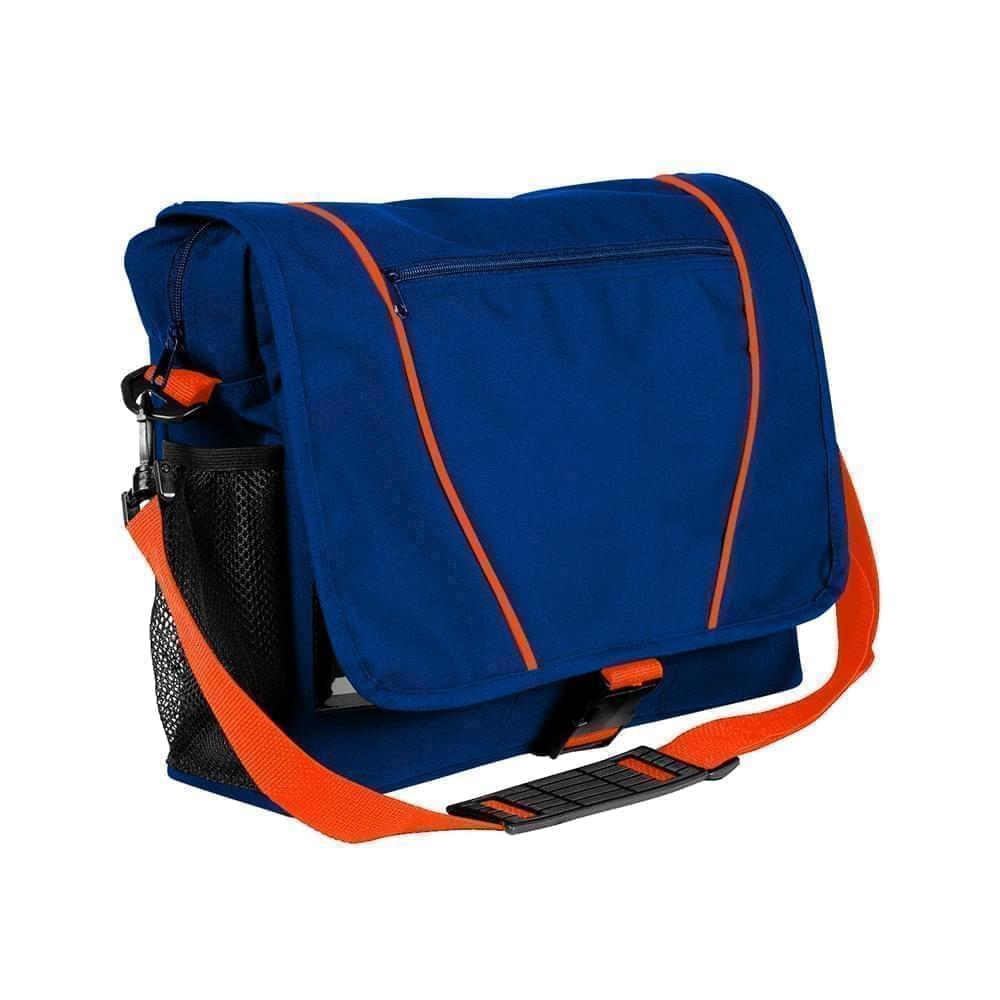 Computer Bags
Computer Bags
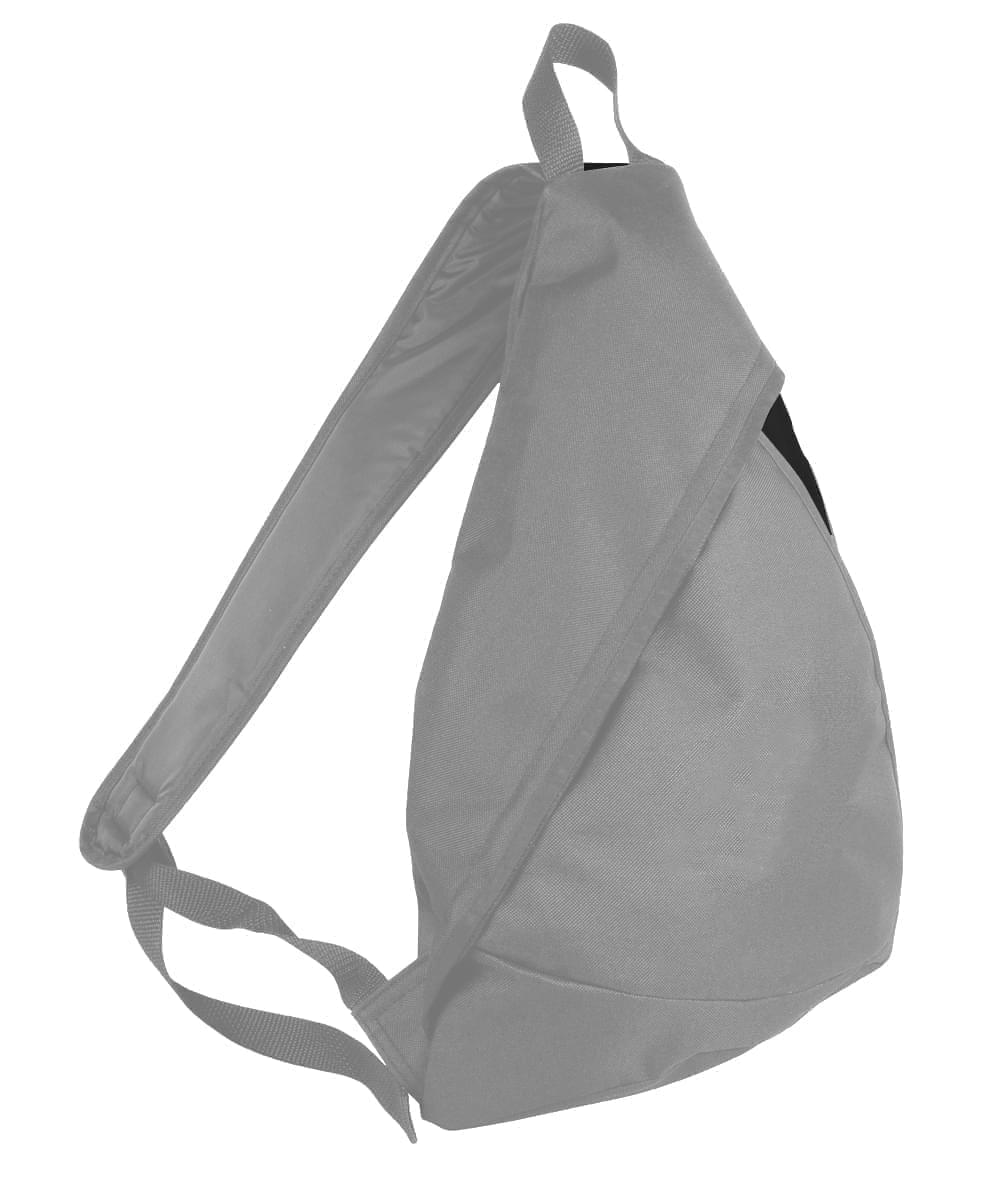 Sling Messenger Bags
Sling Messenger Bags
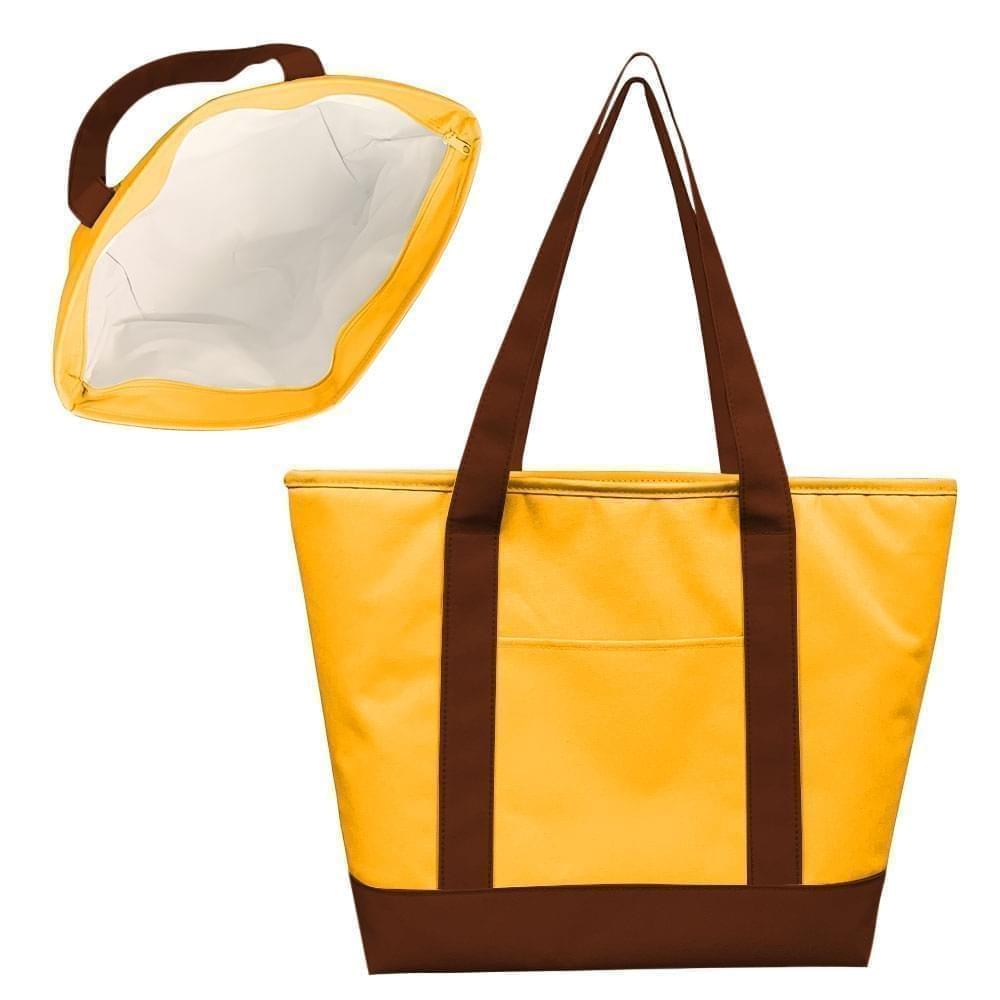 Cooler Bags
Cooler Bags
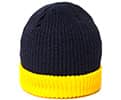 Cuff Hats
Cuff Hats
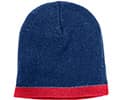 Beanies
Beanies
 Scarves
Scarves
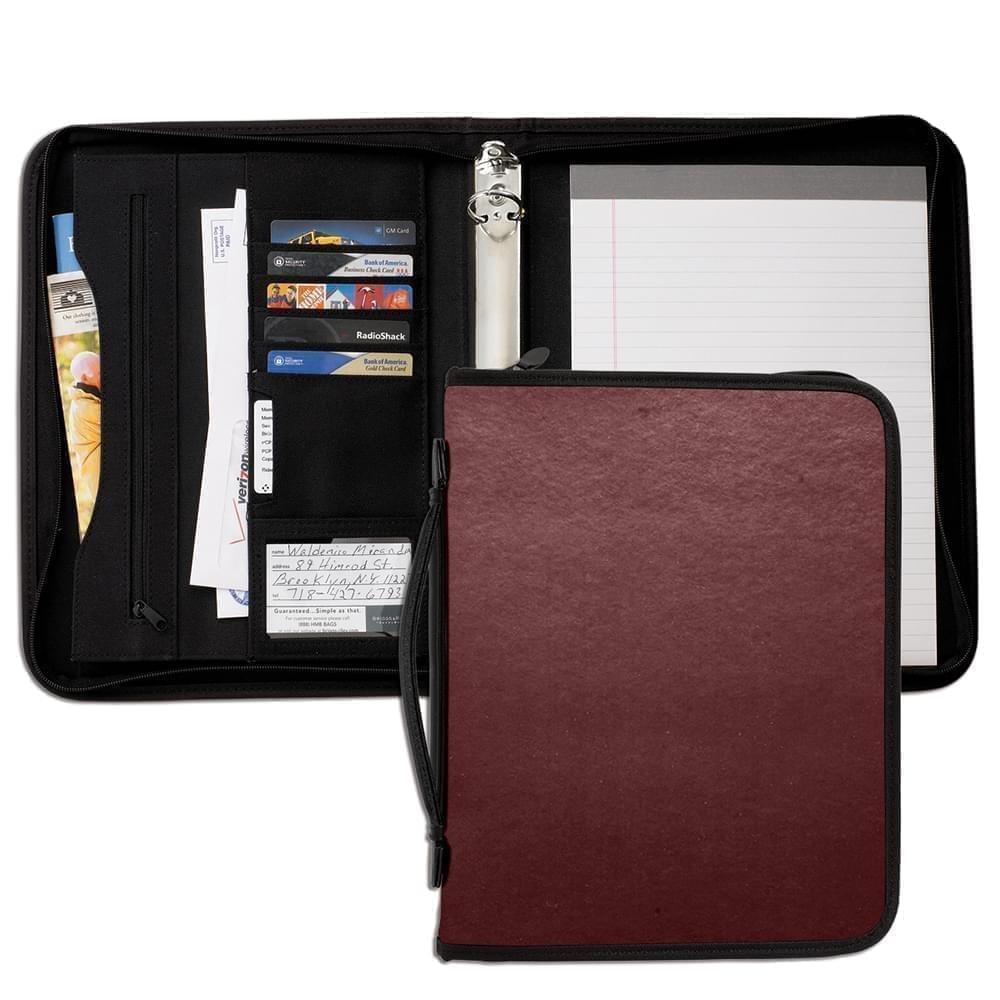 Zipper Folders
Zipper Folders
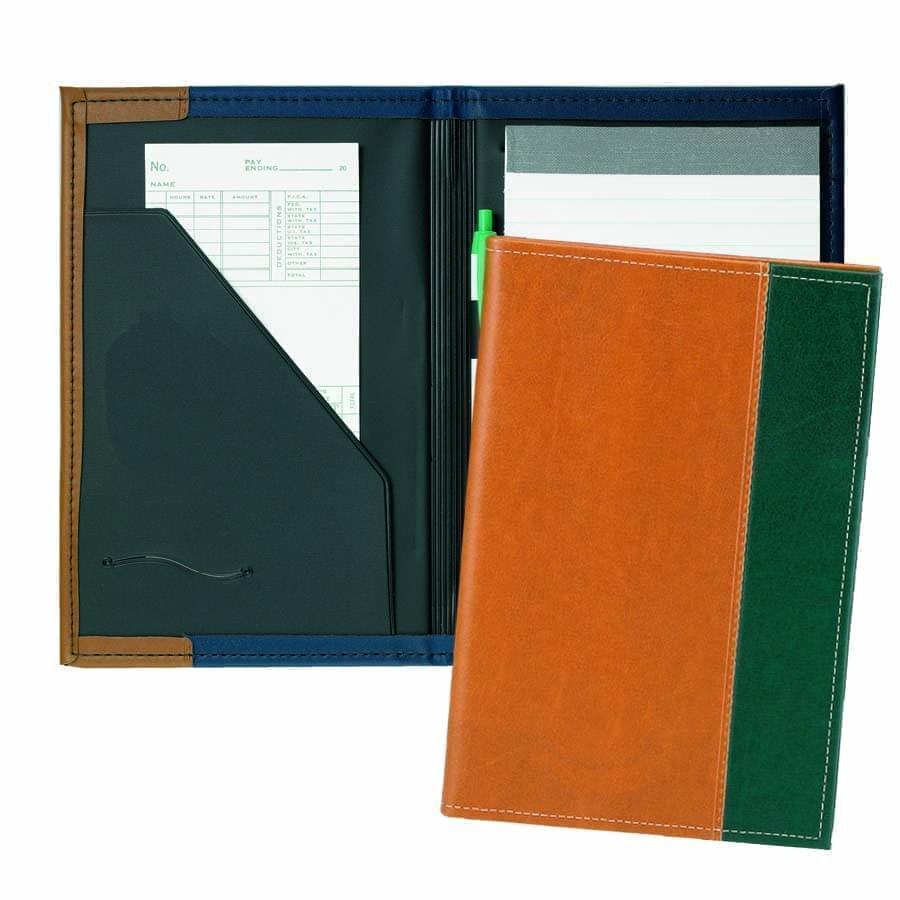 Stitched Folders
Stitched Folders
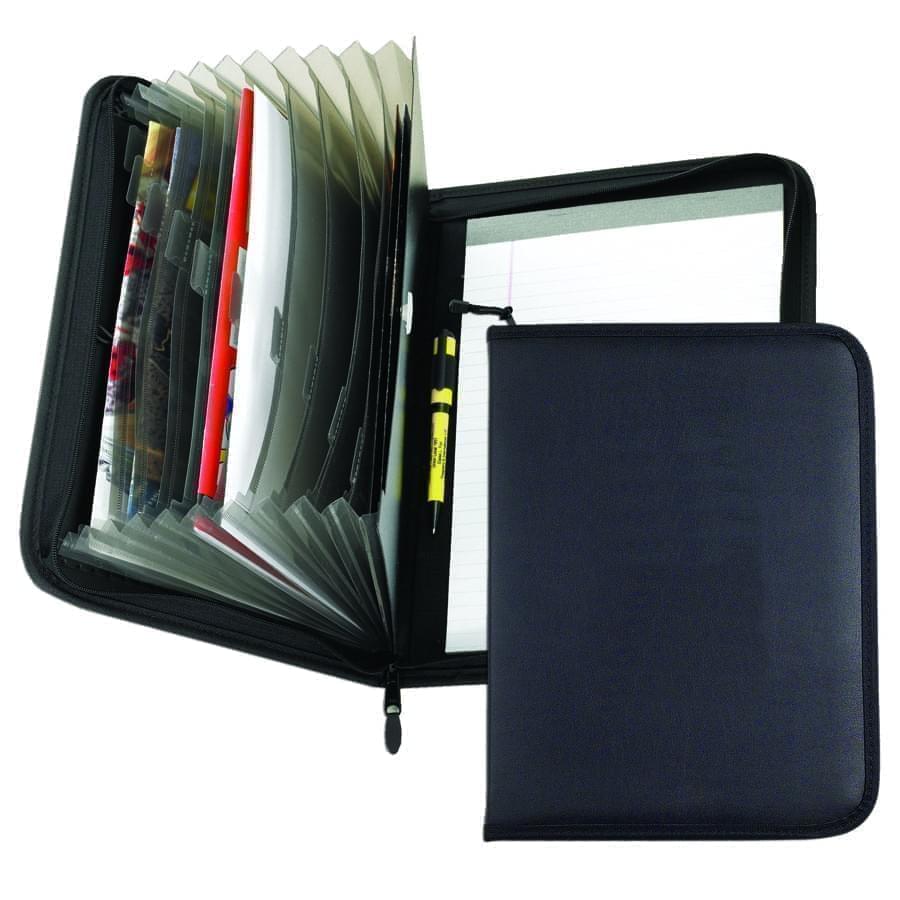 Accordion Folders
Accordion Folders
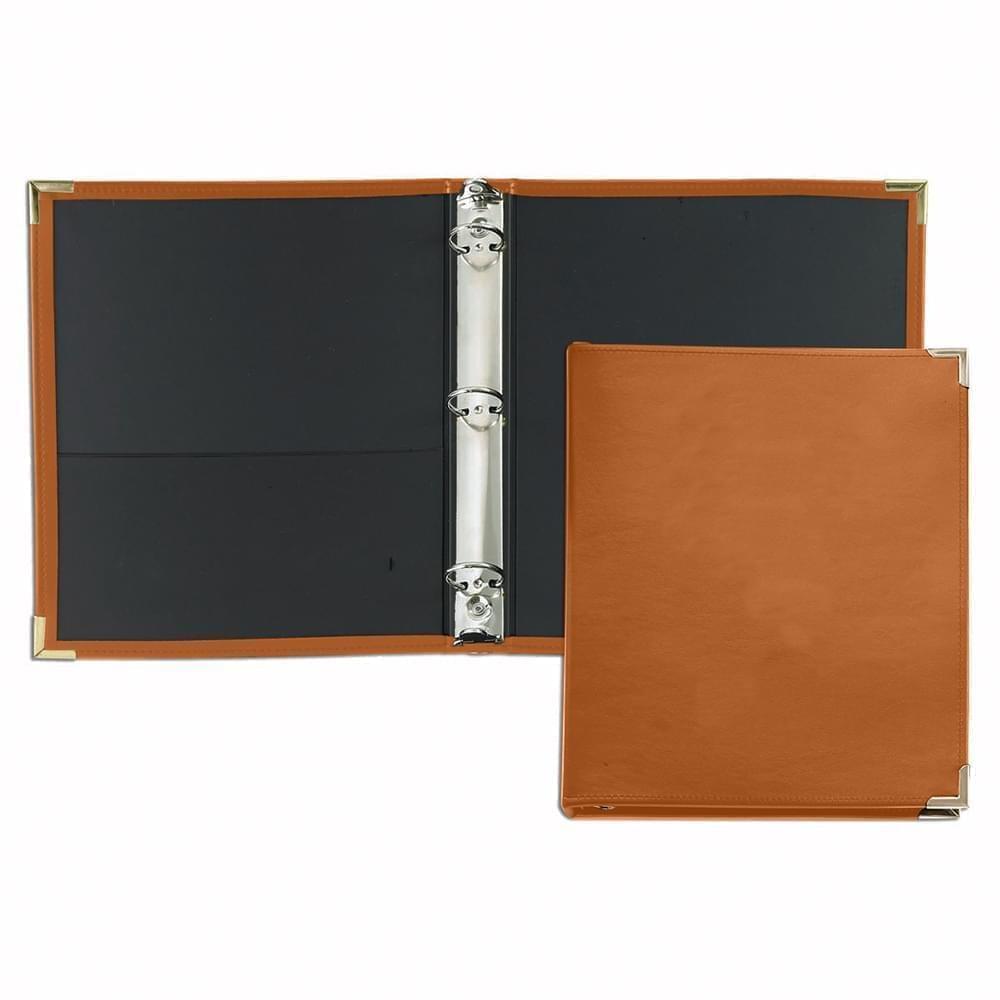 Ring Binders
Ring Binders
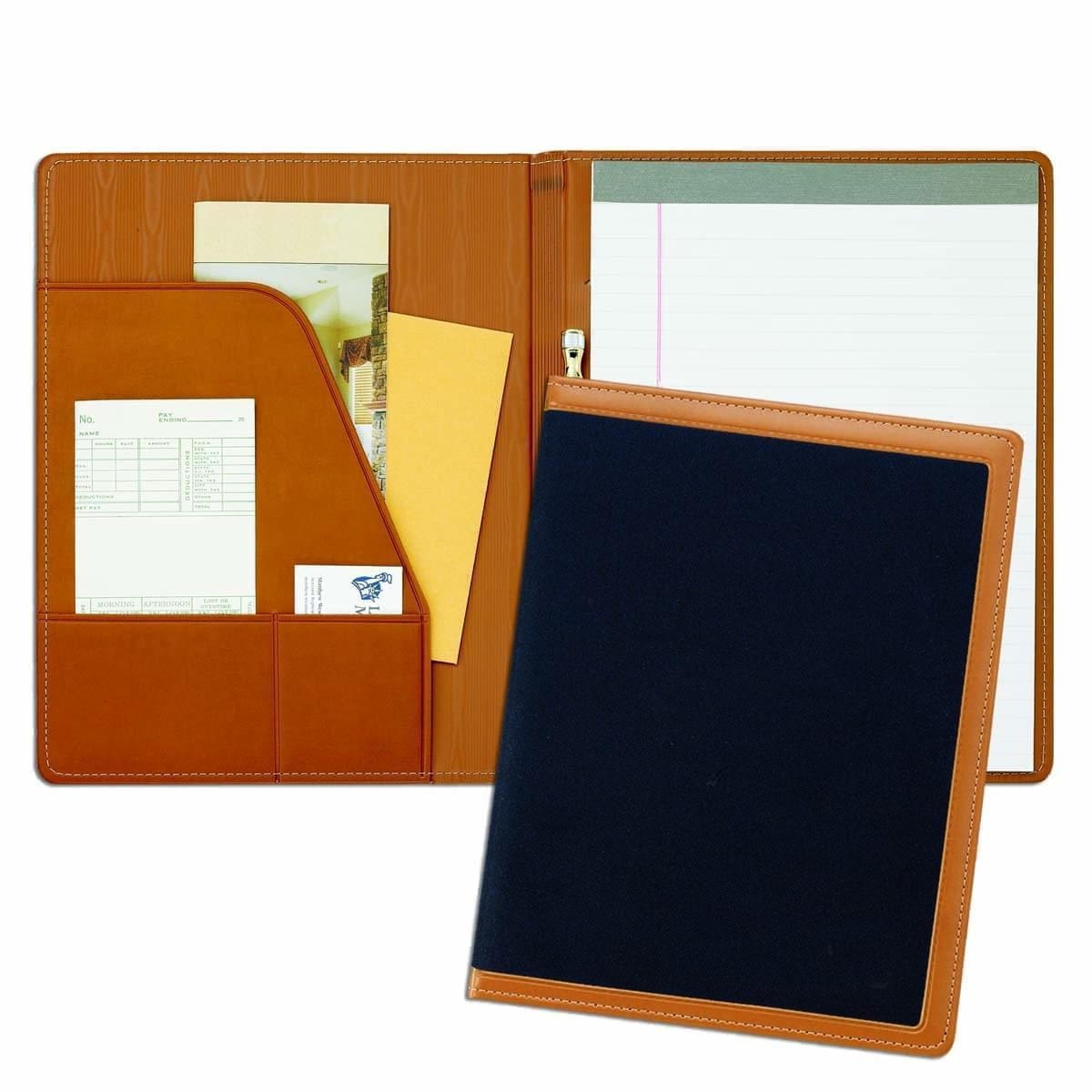 Letter Folders
Letter Folders
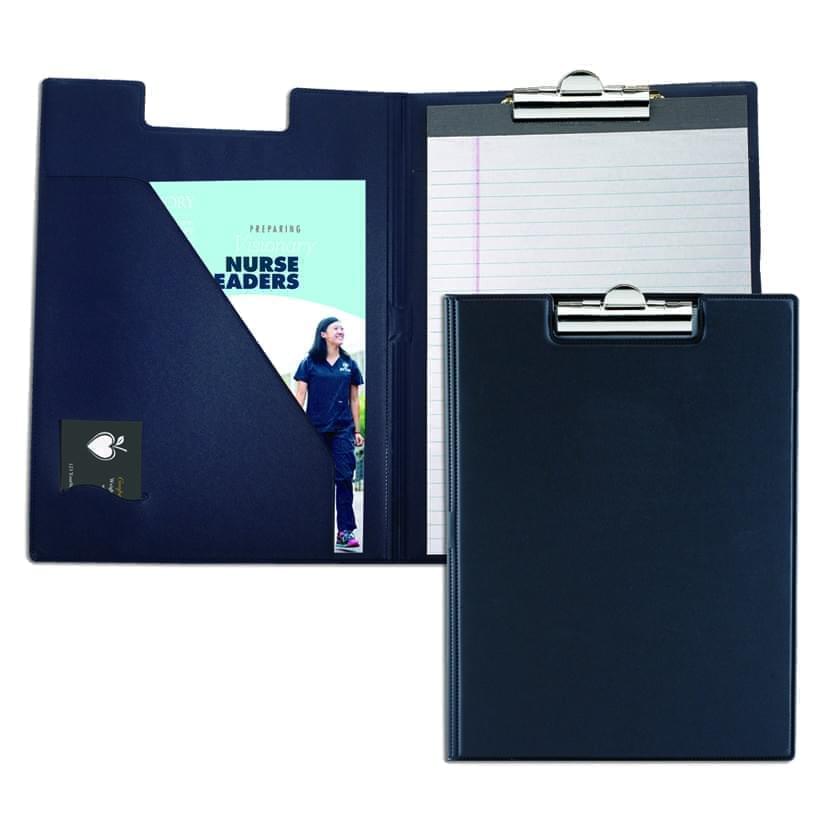 Clipboards
Clipboards
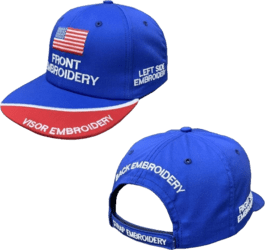
 Union Made In USA
Union Made In USA






